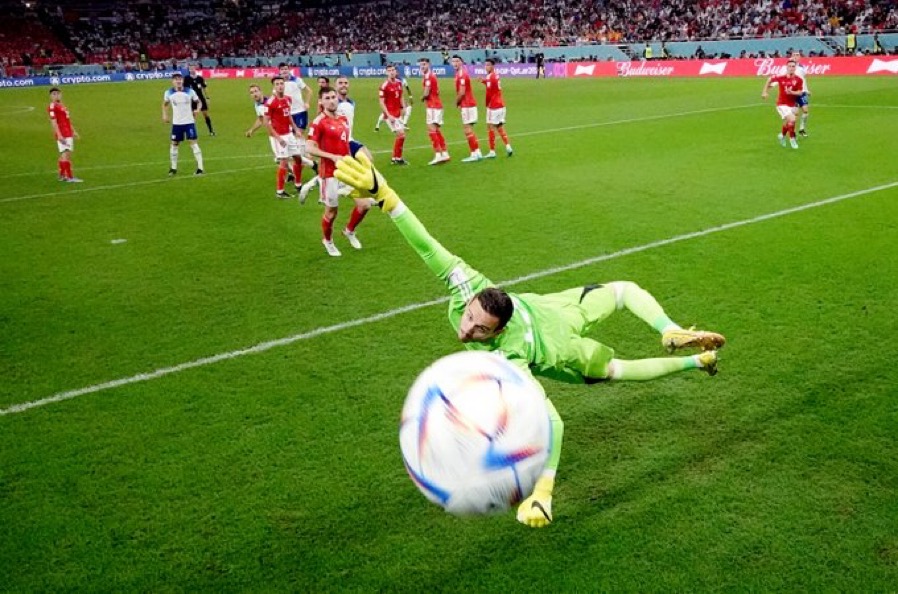Keeping competition friendly and healthy during the World Cup

Tuesday evening, England will be taking on Wales in a much-anticipated group stage match in the World Cup.
Employers can of course expect to see some friendly rivalry between English and Welsh colleagues, but it can often be easy for good-natured banter to cross the line into workplace bullying – which is not acceptable.
So how can employers embrace all nationalities and ensure competition during the World Cup, and beyond, remains healthy?
Alan Price, CEO at BrightHR, says “What one person may say in jest, could well be construed as offensive by another, so for the avoidance of doubt, ensure that your staff know to err on the side of caution when making jokes.
“And remember, if the recipient of a joke feels discriminated against on the grounds of a protected characteristic – like age, disability, race, religion, sex, and sexual orientation – then there could be grounds for a claim. And as an employer, you may find yourself personally liable.
“But let’s not forget that the World Cup can be a great platform for bringing colleagues together in camaraderie and solidarity. However, employers should make sure the workplace is inclusive for all. This might include – if decorating the office – making sure all flags of qualifying countries are displayed and ensuring people feel comfortable to wear football shirts in support of whichever teams they’re backing.
“It should also mean that if you are choosing to screen certain games in the workplace, you should do so for all countries – as you will likely have members of staff supporting teams other than England and Wales.
“Remind your staff that if they are able to watch the match during work hours, that they are in a work-setting and so should act accordingly. This means no getting lairy, making offensive comments, or dismissing their responsibilities.
“In situations like this your policies are invaluable, especially those concerning bullying and harassment, discrimination, and sporting events. Communicating these with your teams in advance of will confirm the expected standards of behaviour and allow you to properly manage anyone who falls short of those expectations.”




